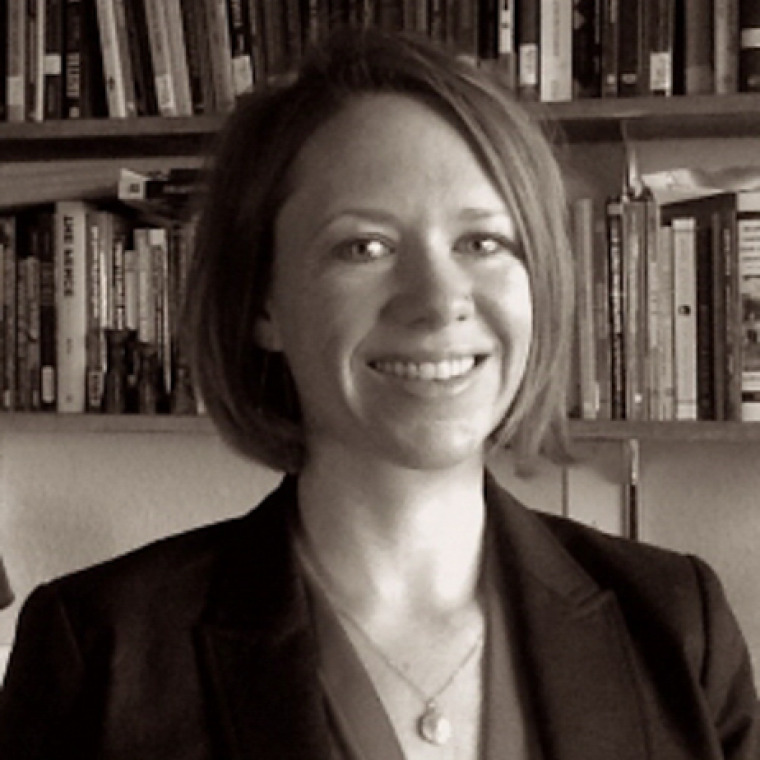Jill Williams

Faculty Fellow 2017-2019
Jill Williams combines roles as a researcher, educator, and practitioner to examine issues of environment and social justice through the lens of science education, diversity, and inclusion. Williams is currently the Director of the University of Arizona Women in Science and Engineering (WISE) Program, as well as an Associate Research Social Scientist with the Southwest Institute for Research on Women and a Lecturer in the School of Geography and Development. In all of these roles, her research and teaching aim to better understand and enact inclusive educational practices. Before coming to the University of Arizona, Williams completed her doctoral degree in the Graduate School of Geography at Clark University and held a faculty position at the University of Hawai'i at Manoa.
Current work as the Haury Faculty Fellow
“I am implementing an action-research project aimed at better understanding the relationship between environmental science education and science identity, motivation, and self-efficacy among students from groups traditionally underrepresented in the sciences. Scholars have argued that integrating discussions of inequality, discrimination, and power relations into science education is necessary to create citizens capable of dealing with the most daunting environmental and social justice problems of the 21st century. However, to date, little research has examined this pedagogical approach, the challenges educators face, or student outcomes. The Haury Program fellowship will provide me with the opportunity to implement a research project with Dr. Sara Tolbert from the UA College of Education that uses a participatory and mixed-methods approach to assess these issues. Over the course of the fellowship period, we will be working with public school teachers from southern Arizona to think through and enact sociopolitical approaches to science education that integrate issues of environmental and social justice into the overarching framework through which science is taught. We will also analyze the effect these approaches have on students from groups traditionally underrepresented in the environmental sciences in order to understand how these curricular models might be effective at fostering more diverse and inclusive scientific communities.”
In addition to her role as a Faculty Fellow, Williams is also the lead on a Haury Program seed grant entitled The Bio/Diversity Project. This project is a collaborative effort between WISE, the Arizona-Sonora Desert Museum, and the Friends of Saguaro National Park to increase diversity in the environmental sciences by creating a K-16+ and into the workforce environmental science pipeline. This program directly impacts over 500 young people in the Tucson area each semester by providing environmental science education and outreach programming for K-12 students, as well as internship, mentorship, and work experience for university-level students.
